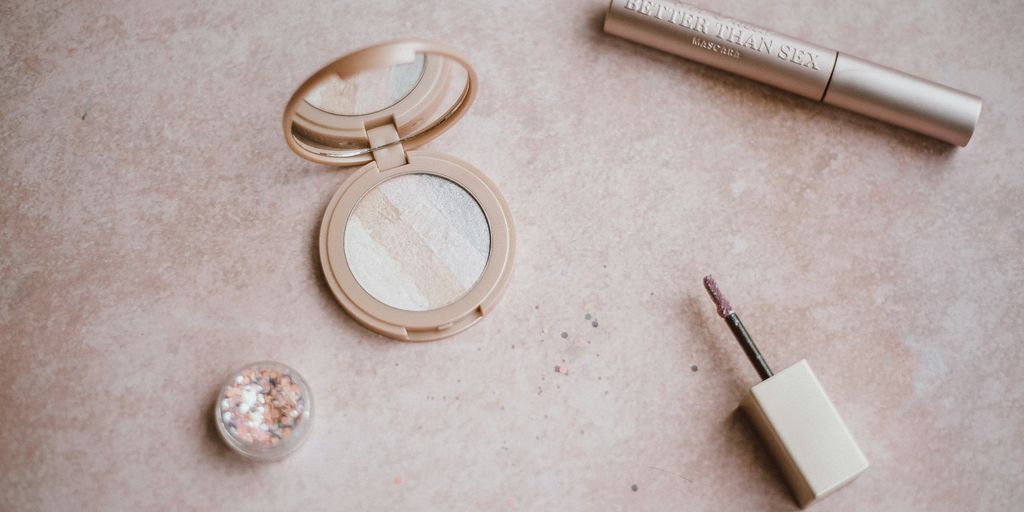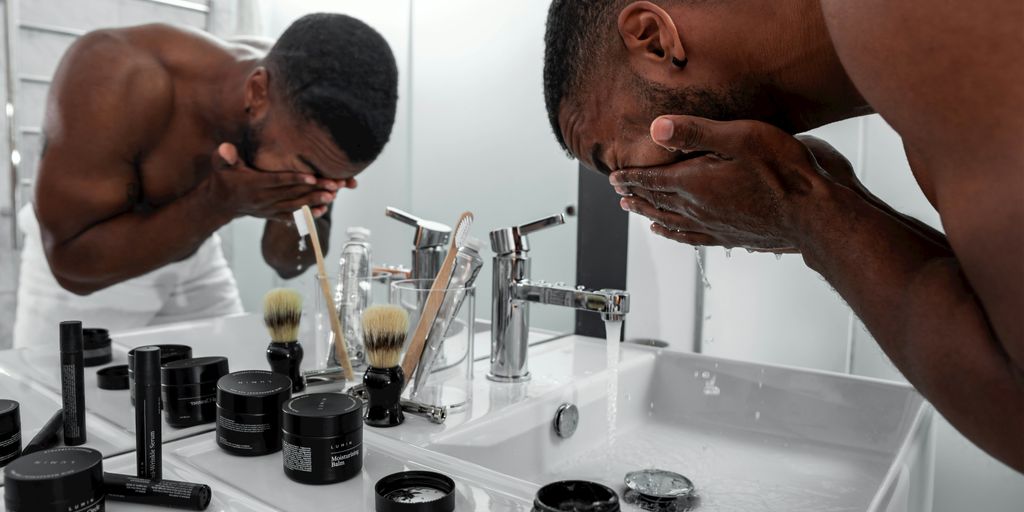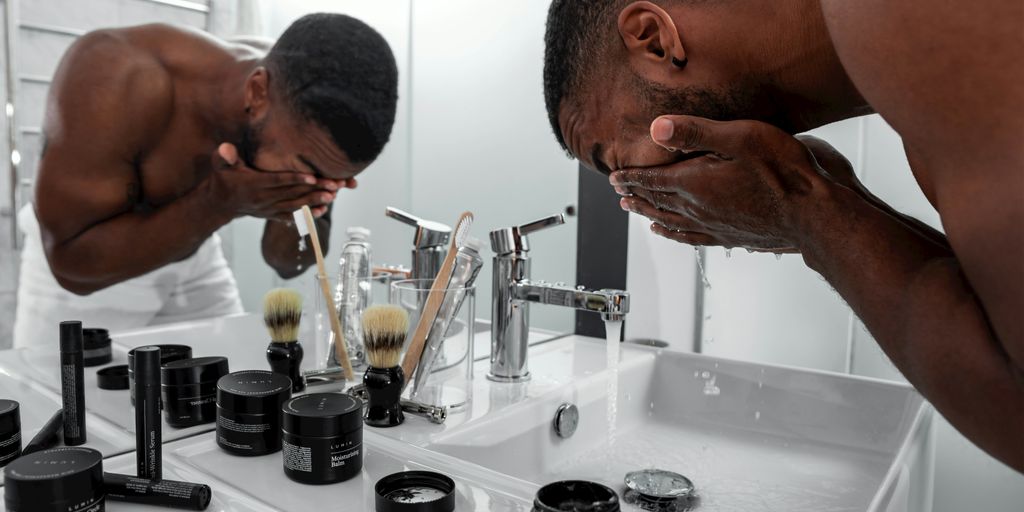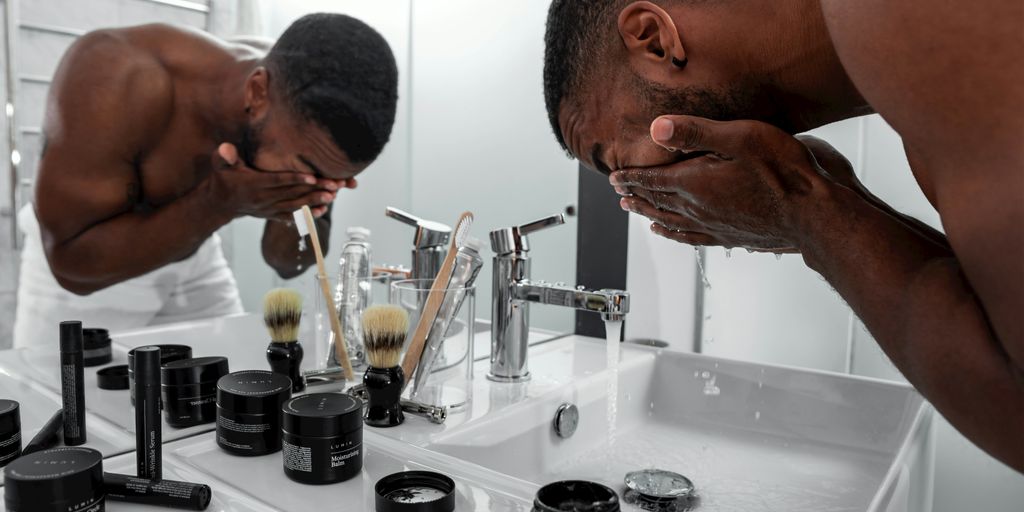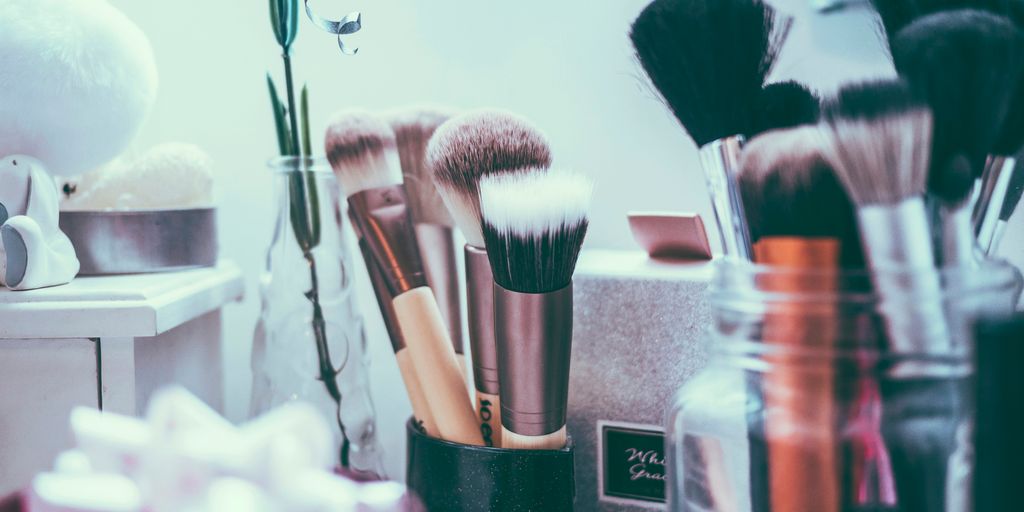In the beauty world, the term “cruelty-free” carries significant weight, especially as consumers become more conscious about the ethical implications of their purchases. Morphe, a popular cosmetics brand, has made claims about its commitment to cruelty-free practices. But as we look ahead to 2025, many are asking: is Morphe cruelty free? This article aims to peel back the layers of Morphe’s claims, certifications, and the controversies surrounding the brand to uncover the truth about its animal welfare stance.
Key Takeaways
- Morphe claims to be cruelty-free, but the validity of this claim is debated.
- There are various types of cruelty-free certifications to consider when evaluating brands.
- Past controversies have raised questions about Morphe’s commitment to animal welfare.
- Changes in Morphe’s certification status could affect consumer trust moving forward.
- Consumers play a crucial role in holding brands accountable for their cruelty-free claims.
Understanding Cruelty-Free Certifications
What Does Cruelty-Free Mean?
Okay, so what does "cruelty-free" actually mean? It sounds simple, but it can get tricky. Basically, it means that a product and its ingredients weren’t tested on animals at any stage of development. This includes testing done by the company itself, its suppliers, or any third parties. However, the definition can vary depending on the certification you’re looking at, and some companies might use the term loosely without any real certification to back it up. It’s a bit of a minefield, honestly.
Types of Cruelty-Free Certifications
There are a few different organizations that offer cruelty-free certifications, and they each have their own standards. Some of the most well-known include:
- Leaping Bunny: This is a pretty strict certification that requires companies to have a supplier monitoring system in place.
- PETA’s Beauty Without Bunnies: This one is widely recognized, but some people feel it’s not as rigorous as Leaping Bunny.
- Choose Cruelty Free (CCF): Popular in Australia, it has similar standards to Leaping Bunny.
It’s important to check which certification a brand has, because not all certifications are created equal. Some have stricter requirements than others, and some are more widely respected by consumers.
Importance of Cruelty-Free Labels
Why bother looking for cruelty-free labels? Well, for a lot of people, it’s about ethics. They don’t want to support companies that harm animals. But it’s also about transparency. Cruelty-free labels help you make informed choices about the products you’re buying. Plus, supporting cruelty-free brands can encourage more companies to adopt ethical practices. It’s a win-win, really.
Here’s a quick look at why these labels matter:
- Ethical Concerns: Many consumers believe animal testing is wrong.
- Transparency: Labels provide clear information about a product’s testing practices.
- Consumer Power: Supporting cruelty-free brands drives industry change.
Morphe’s Commitment to Animal Welfare
Morphe’s Cruelty-Free Claims
So, where does Morphe stand on animal testing? It’s a question a lot of us have, especially with so many brands making the switch to cruelty-free practices. Morphe has stated that they don’t conduct animal testing on their finished products or ingredients, and they require their suppliers to adhere to the same standards. This sounds good on the surface, but it’s important to dig a little deeper to see how they back up these claims. It’s not always as simple as taking a company’s word for it, you know?
Vegan Product Offerings
Okay, let’s talk about vegan options. Morphe does have a selection of products that are vegan, meaning they don’t contain any animal-derived ingredients. This is a plus for those of us who are conscious about what goes into our makeup. Finding these products can be a bit of a treasure hunt, though. Here’s what I’ve found:
- They usually mark vegan products on their website, but it’s not always super obvious.
- You have to check the ingredient list to be 100% sure, which can be a pain.
- Sometimes, products are vegan by accident, and it’s not advertised.
It would be great if Morphe made it easier to identify their vegan products. A dedicated section on their website or clearer labeling would be a big help.
Transparency in Sourcing Ingredients
Transparency is key, right? When it comes to where Morphe gets their ingredients, things get a little murky. They say they require suppliers to follow their cruelty-free policies, but getting detailed information about the entire supply chain can be tough. It’s like trying to trace where your coffee beans come from – lots of steps involved.
Here’s the thing:
- Knowing the source of ingredients helps ensure ethical practices.
- Transparency builds trust with consumers.
- It allows for better monitoring of animal welfare standards.
More information about their sourcing would definitely be a step in the right direction.
The Controversy Surrounding Morphe
Morphe has faced its share of controversies over the years. It’s important to look at these issues to get a full picture of the brand.
Past Collaborations and Backlash
Some of Morphe’s past collaborations have stirred up controversy. For example, the Lisa Frank collaboration caused issues. Glamour Dolls, another makeup company, claimed Lisa Frank didn’t deliver on a previous collaboration after raising over $370,000 from more than 5,000 beauty enthusiasts.
Glamour Dolls is suing Lisa Frank Inc. for fraud, defamation, and breach of contract. They allege that Lisa Frank Inc. refused to provide artwork and timely approvals, disapproving sample products. They also claim that Lisa Frank Inc. made false statements about Glamour Dolls and forced early payment of royalties.
Consumer Reactions to Morphe’s Practices
Consumer reactions to Morphe’s practices have been mixed. Some customers have expressed concerns about:
- Product quality
- Transparency
- Ethical considerations
Others remain loyal to the brand, citing affordability and accessibility. It’s a split, and it shows how different people weigh different factors when choosing makeup.
Legal Issues and Their Impact
Morphe has faced legal issues that have impacted its reputation. These issues range from allegations of deceptive marketing to concerns about product safety. These legal challenges can affect consumer trust and brand loyalty.
Legal battles can be costly and time-consuming, potentially diverting resources from product development and marketing. They also force brands to re-evaluate their practices and policies to avoid future issues.
Evaluating Morphe’s Current Status
Recent Changes in Certification
It’s important to look at Morphe’s certifications right now. Have they gained any new certifications, or have any lapsed? Changes in certification status can be a big indicator of a brand’s commitment to cruelty-free practices. It’s worth checking official certification websites for the most up-to-date info. Sometimes brands make claims that don’t quite match up with what the certifying bodies say.
Third-Party Audits and Reviews
Third-party audits are a good way to check on a company. These audits involve independent organizations coming in to review Morphe’s supply chain and manufacturing processes.
- Do they conduct regular audits?
- Are the results publicly available?
- What standards are they being audited against?
If Morphe is truly committed to being cruelty-free, they should welcome third-party audits and be transparent about the findings. This helps build trust with consumers who care about ethical practices.
Consumer Trust and Brand Loyalty
Consumer trust is hard to earn and easy to lose. Morphe has faced some challenges in the past, and it’s important to see how they’re working to rebuild that trust. Are consumers still loyal? Are they actively engaging with the brand? Social media sentiment can be a good indicator, but it’s also important to look at sales figures and customer reviews. If people don’t believe a brand is truly cruelty-free, they’ll take their money elsewhere.
The Future of Morphe and Cruelty-Free Practices
Trends in the Beauty Industry
The beauty industry is changing, and quickly. Consumers care more than ever about what goes into their products and how those products affect the world. Sustainability is no longer a niche concept; it’s becoming a standard expectation. We’re seeing a rise in demand for clean beauty, ethical sourcing, and eco-friendly packaging. Brands that don’t adapt risk being left behind. It’s not just about being cruelty-free anymore; it’s about a holistic approach to responsible business practices.
Potential Changes in Morphe’s Policies
What does this mean for Morphe? Well, they’re at a crossroads. To stay relevant, they might need to rethink their entire approach. This could involve investing more in research and development to create truly sustainable and ethical products. Here are some potential changes we might see:
- Increased transparency in their supply chain.
- A commitment to using more sustainable packaging materials.
- More collaborations with ethical and sustainable brands.
It’s also possible that Morphe will face increasing pressure to obtain more rigorous cruelty-free certifications and undergo regular third-party audits. The company’s future hinges on its ability to adapt to these evolving consumer demands and industry standards.
Consumer Advocacy and Its Role
Ultimately, consumers hold the power. Our choices drive the market. By supporting brands that prioritize ethical practices, we send a clear message to companies like Morphe. Social media has amplified our voices, making it easier to hold brands accountable. We can demand transparency, ask questions, and share information. It’s about creating a community that values compassion and sustainability. The future of cruelty-free beauty isn’t just in the hands of brands; it’s in ours.
How to Verify Cruelty-Free Claims
It can be tricky figuring out which brands are actually cruelty-free. Companies can be pretty sneaky with their marketing, so it’s up to us as consumers to do a little digging.
Researching Brands Effectively
Okay, so you want to know if a brand is legit cruelty-free? Don’t just take their word for it. Start by checking out their website. Look for a clear statement about their animal testing policies. If they say they don’t test on animals, that’s a good start, but keep going. See if they sell their products in countries where animal testing is required by law. If they do, that kinda cancels out their cruelty-free claims, right?
- Check the brand’s official website for a clear statement on animal testing.
- See if the brand sells in countries with mandatory animal testing laws.
- Look for certifications from reputable third-party organizations.
Utilizing Cruelty-Free Databases
There are some great online resources that can help you quickly check a brand’s cruelty-free status. Websites like Cruelty-Free Kitty and Ethical Elephant keep updated lists of brands that meet specific cruelty-free criteria. These databases do the hard work for you, confirming whether a brand has third-party certification and doesn’t sell in markets requiring animal testing. It’s a super easy way to double-check a brand before you buy anything.
Understanding Ingredient Labels
Ingredient labels can be confusing, but they can sometimes give you clues about a brand’s practices. While the label won’t directly say "this product was tested on animals," you can look for certain ingredients that are often associated with animal-derived sources. Keep in mind that this isn’t a foolproof method, as many companies are moving away from animal-derived ingredients anyway, but it’s another piece of the puzzle.
It’s important to remember that verifying cruelty-free claims takes a bit of effort. No single method is perfect, so using a combination of research, database checks, and label reading will give you the most accurate picture.
The Role of Consumers in Promoting Ethical Brands
Supporting Cruelty-Free Brands
It’s easy to feel like one person can’t make a difference, but when it comes to cruelty-free beauty, every purchase counts. By actively choosing brands that have demonstrated a commitment to animal welfare, we send a clear message to the industry. This doesn’t just mean buying from certified cruelty-free companies; it also means being willing to switch from your usual favorites if they don’t meet ethical standards. It’s about making informed choices and putting your money where your values are.
The Impact of Consumer Choices
Consumer demand is a powerful force. When enough people start prioritizing cruelty-free products, companies take notice. A shift in buying habits can lead to real change in the beauty industry. Brands that once relied on animal testing may reconsider their practices to appeal to a growing market of ethical consumers. It’s a ripple effect – one conscious purchase at a time.
Here’s how consumer choices can impact the market:
- Increased demand for cruelty-free products leads to more brands seeking certification.
- Companies invest in alternative testing methods to meet consumer expectations.
- Retailers prioritize stocking cruelty-free brands, making them more accessible.
Engaging in Brand Accountability
It’s not enough to simply buy cruelty-free; we also need to hold brands accountable for their claims. This means doing your research, asking questions, and demanding transparency. If a company’s cruelty-free status seems questionable, don’t be afraid to reach out and ask for clarification. Social media can be a great tool for this – use it to voice your concerns and share information with other consumers. Together, we can create a beauty industry that values ethics over profits.
Remember, our collective voice has the power to shape the future of the beauty industry. By supporting ethical brands and demanding accountability, we can create a world where no animal suffers for our beauty routines.
Consumers play a big part in helping ethical brands grow. When you choose to buy from companies that care about the environment and treat their workers well, you send a message that these values matter. Your choices can help make the world a better place. So, next time you shop, think about supporting brands that are doing good. Visit our website to learn more about how you can make a difference with your purchases!
Final Thoughts on Morphe’s Cruelty-Free Status
In the end, figuring out if Morphe is truly cruelty-free isn’t as straightforward as it seems. While they have made claims and received certifications, the reality can be a bit murky. It’s important for consumers to stay informed and ask questions. If you care about cruelty-free products, keep an eye on how brands like Morphe evolve. Transparency is key, and as customers, we have the power to demand it. So, do your research, support brands that align with your values, and remember that every purchase counts.
Frequently Asked Questions
Is Morphe a cruelty-free brand?
Yes, Morphe claims to be cruelty-free, meaning they do not test their products on animals.
What does it mean to be cruelty-free?
Cruelty-free means that a brand does not conduct tests on animals at any stage of product development.
Are all Morphe products vegan?
No, not all Morphe products are vegan, but they do offer a selection of vegan options.
How can I check if a brand is cruelty-free?
You can look for certifications from organizations that verify cruelty-free practices, or check cruelty-free databases online.
What controversies has Morphe faced regarding animal testing?
Morphe has faced backlash for past collaborations and some consumers questioning their cruelty-free claims.
How can consumers support cruelty-free brands?
Consumers can support cruelty-free brands by choosing their products, spreading awareness, and holding brands accountable for their practices.
